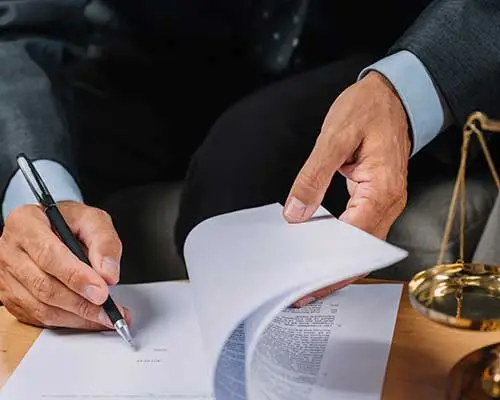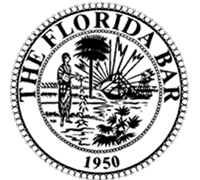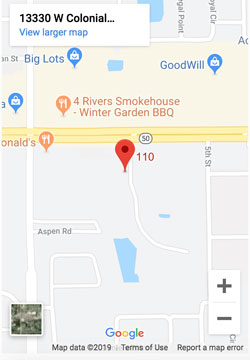
Bill Clinton was president when the federal government enacted legislation to bring America into the digital age by recognizing the validity of electronic signatures. The Electronic Signatures in Global and National Commerce Act, also known as the E-Sign Act, includes a provision recognizing documents signed or executed through an electronic means as being legally enforceable. Almost two decades later, a person in Florida presented with a deed, mortgage or legal document requiring notarization cannot take full advantage of electronic signing because current law requires that the person signing some closing documents do so in the presence of a notary. Fully digital transactions requiring notarization will soon be possible in Florida when laws authorizing remote online notarization become effective on January 1, 2020.
Electronic signatures and notarization in Florida
If you have recently been involved in a real estate transaction, you probably enjoyed the convenience of receiving and reviewing documents in a digital format on your laptop, smartphone or other electronic device. Online transmission of documents to buy, sell or finance real estate now includes electronic signing thanks to federal and state laws recognizing the validity and legal enforceability of documents signed electronically.
Almost half of all states, including Florida, have enacted or are considering enacting legislation allowing electronic notarization services. Deeds and mortgages are two of the documents in a typical real estate transaction that must be acknowledged in order for them to be recorded. Florida notaries cannot administer oaths or acknowledgments unless the person signing a document does so in the presence of the notary.
This may create a challenge to closing a real estate transaction when one or more of the parties live or is traveling out of state or the country. Documents must be sent to the party who must find a notary, sign the documents and return them in time to complete the closing. A missing signature or improper notarization could cause a closing to be delayed.
Remote online notarization allows a person, regardless of where they may be located, to use the services of a Florida notary. Remote online notarization simplifies the process by avoiding mailing documents to a party for signing and by allowing the notary remotely supervising the signing to immediately identify and correct mistakes or errors.
Remote online notarization becomes a reality in Florida
Remote online notarization goes into effect in Florida on January 1, 2020. Deeds, mortgages and other documents requiring notarization may be completed without the bother of finding a notary and traveling to sign documents. Remote online notarization allows a Florida notary to supervise the execution of closing documents in real time for a signer out of the state or out of the country.
The new procedure minimizes the risk of delaying the completion of a real estate transaction because documents mailed to a party come back with a missing signature or a mistake in the notarization. The notary remotely supervising the execution of documents has the ability to identify and correct any mistakes before they become a hindrance to the closing.
Anyone currently authorized to act as a notary in Florida may qualify to perform remote online notarization services through a registration process that includes posting a bond and presenting proof of a policy of errors and omissions insurance. Remote online notarization providers must also complete a two-hour course covering the new procedure.
The state has put into place standards and guidelines that notaries must comply with performing remote notarization services, including the following:
- Only the notary may have access to the electronic signature used when providing remote services, and it must be password protected to avoid its use by others.
- Documents must be capable of showing attempts to alter an electronic notarization.
- Audio-visual technology, such as Skype or other two-way communication, must be used throughout the notarization process.
- The audio-visual technology must allow the notary and the person signing documents to see and hear each other throughout the process.
- A notary must maintain an unedited copy of the complete audio and visual recording of the notarization that includes an acknowledgment by the signer of the document that the signature is affixed knowingly and of his or her own free will.
- The identity of the signer of the document must be proven through presentation of identifying documents or through other methods authorized by the statute.
All parties to a real estate transaction must agree to the use of electronic signatures and remote online notarization services.
A notary performing remote online notarization services engages in a conference during which the notary and the signer can see each other and the documents. A video and audio recording of the session preserves the process of identifying the signer and the execution of the documents, including an acknowledgment that the signing of the documents occurred freely and voluntarily.
Taking advantage of available technology
The ability to electronically sign documents and use remote online notarization services promises to make closing a Florida real estate transaction easier for all parties. In addition to making it easier to send digital documents to parties for signing, the elimination of paper documents means that deeds and mortgages can be electronically recorded.
Have questions? We have answers. Contact Legal Counsel, P.A. today at (407) 982-4321.














